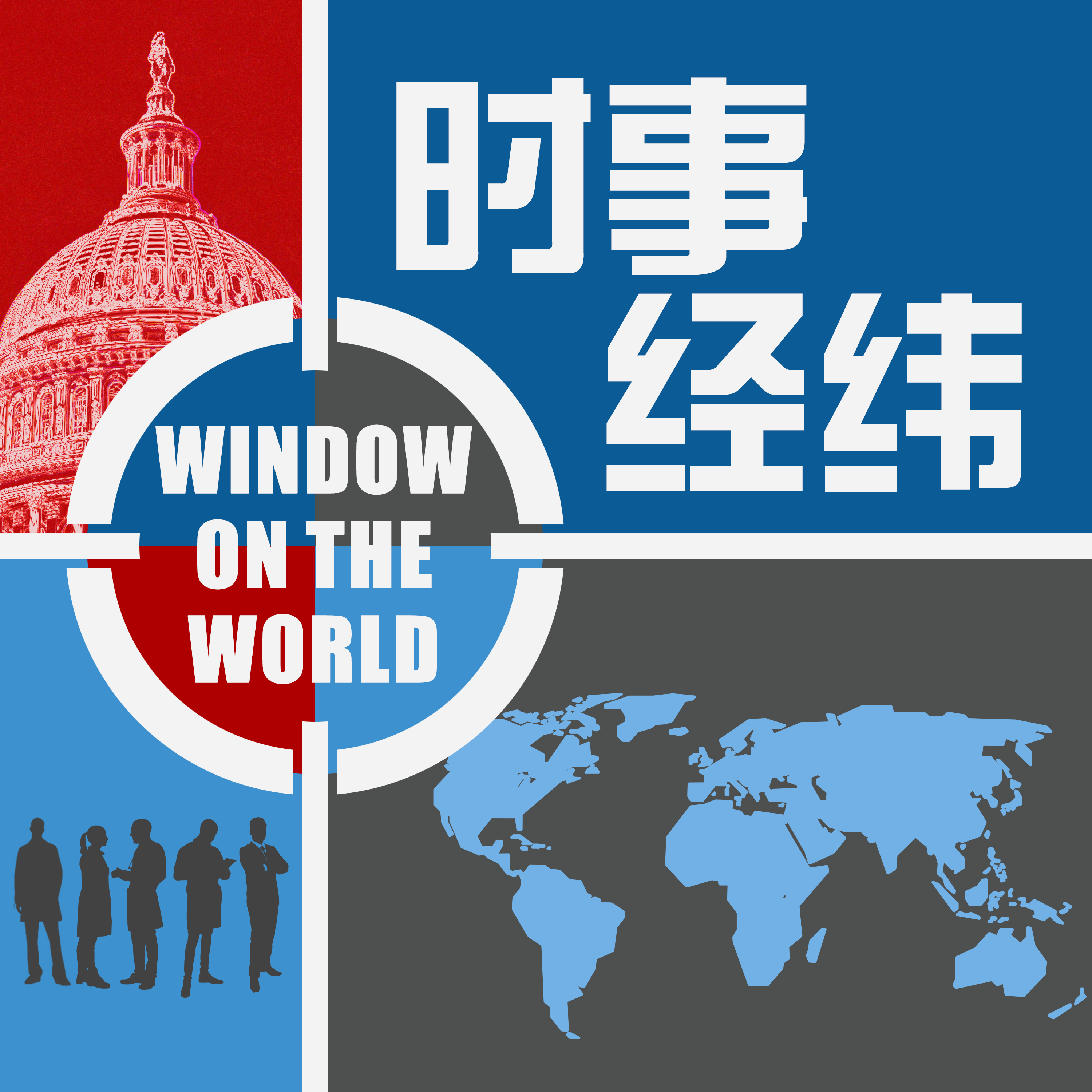
时事经纬(2025年1月3日) 北京宣布将28家美企纳入出口管控名单,部分企业已因对台军售遭到中方制裁;华盛顿考虑制定新规,限制或禁止中国产无人机进入美国; 从禁运矿产到调查美企,2025年美中科技贸易战场,中国还有哪些底牌。 - 1月 03日,2025年

时事经纬 - 美国之音
Deep Dive
Why did China impose export controls on 28 U.S. companies?
China imposed export controls on 28 U.S. companies as part of its ongoing trade and tech war with the U.S. Some of these companies were already sanctioned for arms sales to Taiwan. The measures prohibit the export of dual-use items to these firms.
What key materials has China restricted in response to U.S. tech sanctions?
China has restricted the export of rare earths and critical minerals, which are essential for manufacturing high-end chips and advanced weapons. This move is part of Beijing's retaliatory measures against U.S. tech sanctions.
What is the U.S. considering regarding Chinese-made drones?
The U.S. is considering new rules to restrict or ban Chinese-made drones from entering the country, citing national security concerns. The U.S. fears that these drones could be remotely accessed or controlled by adversaries, potentially leaking sensitive data.
What role does rare earth play in China's countermeasures against the U.S.?
Rare earths are a significant part of China's countermeasures, as it controls 68% of global reserves and over 90% of global production. China has used its dominance in rare earths to impose export bans on the U.S., aiming to leverage its position in the tech trade war.
How has the U.S. reduced its reliance on Chinese rare earths?
The U.S. has reduced its reliance on Chinese rare earths by increasing imports from Canada and Germany. Additionally, domestic production and investments in alternative sources have decreased China's share of U.S. rare earth imports from 75% in 2023 to 33.9% in 2025.
What are China's potential economic countermeasures against the U.S.?
China's potential countermeasures include devaluing the yuan, selling U.S. Treasury bonds, and imposing antitrust investigations on U.S. tech firms like Nvidia. Additionally, China could delay imports of U.S. goods or create barriers for U.S. companies operating in China.
What is China's strategy to reduce reliance on U.S. semiconductor technology?
China is investing heavily in its semiconductor industry, with plans to raise over 300 billion yuan to support development. Analysts predict that China could become self-reliant in advanced chip technology within five years, reducing its dependence on U.S. exports.
What are the potential risks for China in the 2025 U.S.-China tech trade war?
China faces risks such as reduced foreign investment, economic slowdown due to the real estate crisis, and the potential for U.S. tariffs to further strain its economy. Additionally, retaliatory measures against U.S. companies could backfire, leading to decreased foreign business activity in China.
- 中国将28家美国企业列入出口管控名单,禁止出口军民两用物项
- 美国考虑限制或禁止中国产无人机入境
- 中国可能的反制措施包括限制稀土出口,对美企施压,人民币贬值和抛售美国国债,以及加大对半导体产业的投资
Shownotes Transcript
中国政府星期四(1月2日)宣布,将对28家美国企业实施出口管控措施,禁止向这些企业出口军民两用物项。这是北京当局在与美国政府进行的贸易战和科技战中采取的一项最新举措。 在美国对中国技术制裁的压力下,中国近期展开了系列报复行动,包括切断稀土供应、惩罚在中国开展业务的美国公司等。美国新政府上任后,是否会进一步加强对中国的技术限制?2025年的美中贸易和科技战场,北京还可能会打出哪些底牌?